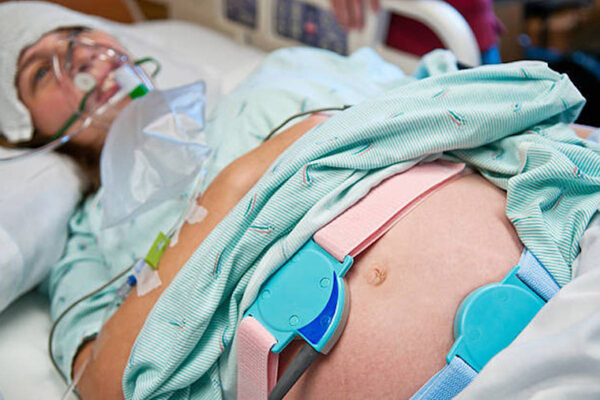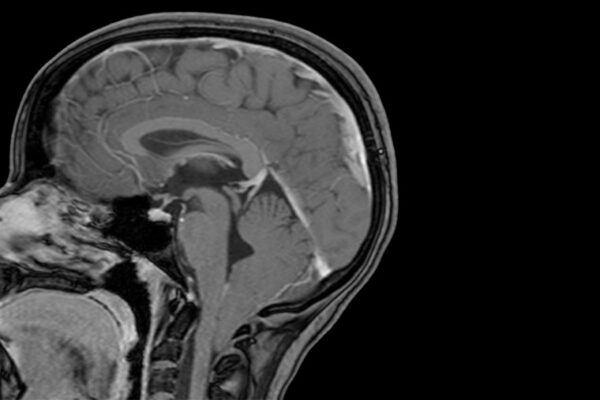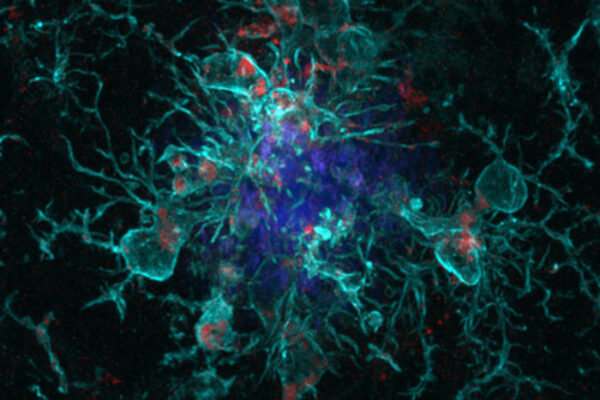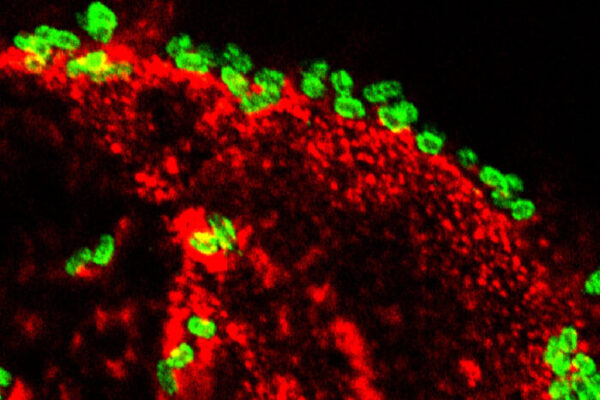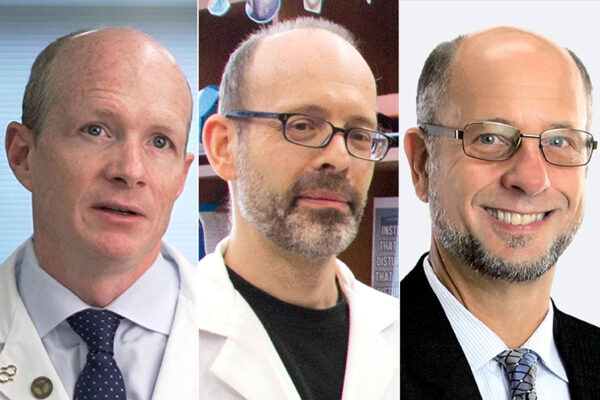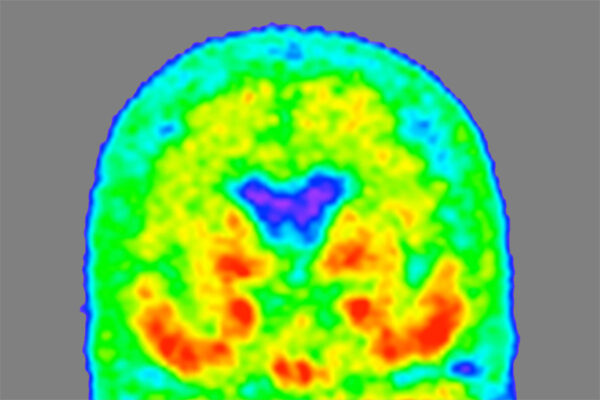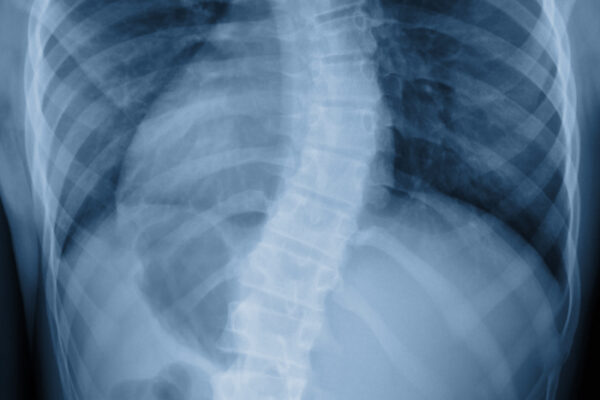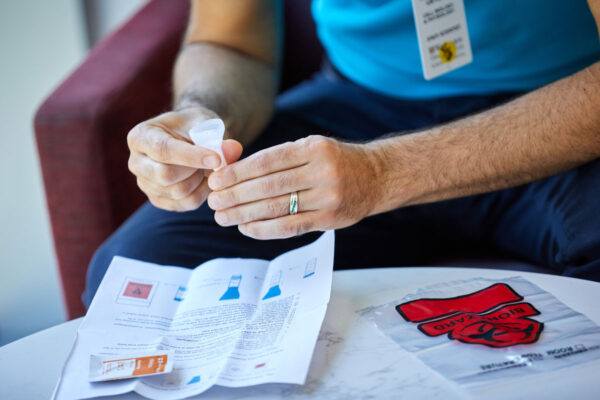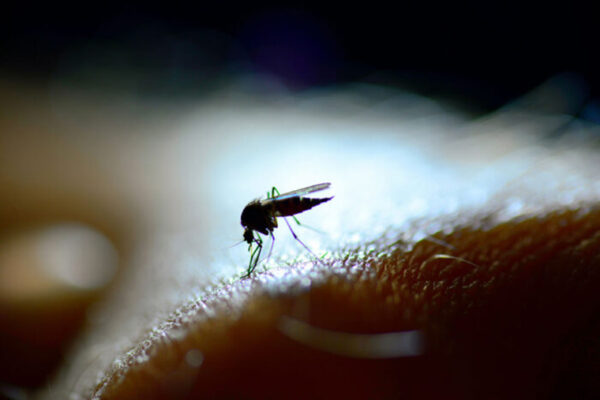For moms, oxygen during childbirth often unnecessary
Researchers at Washington University School of Medicine have found that there is no benefit in providing supplemental oxygen to mothers during labor and delivery, a decades-long and common practice. Infants born to women who received supplemental oxygen fared no better or no worse than those born to women who had similar labor experiences but breathed room air.
Common brain malformation traced to its genetic roots
Researchers at Washington University School of Medicine have shown that Chiari 1 malformation can be caused by variations in two genes linked to brain development and that children with large heads are at increased risk of developing the condition.
Protein involved in removing Alzheimer’s buildup linked to circadian rhythm
Researchers at Washington University School of Medicine have discovered a protein that links the amyloid-removal process to the circadian clock. The protein, YKL-40, could help explain why people with Alzheimer’s frequently suffer from sleep disturbances — and provide a new target for Alzheimer’s therapies.
Toxin provides clues to long-term effects of diarrhea caused by E. coli
A study from researchers at Washington University School of Medicine in St. Louis has found that a toxin produced by E. coli changes intestinal cells to benefit itself, an ability that could provide a clue to why the bacteria have been linked to nutritional problems such as malnutrition and stunted growth.
Bateman, Diamond, Hultgren named to National Academy of Inventors
Washington University School of Medicine in St. Louis faculty members Randall J. Bateman, MD, Michael S. Diamond, MD and Scott Hultgren have been elected fellows of the National Academy of Inventors, the highest professional distinction accorded solely to academic inventors.
Novel form of Alzheimer’s protein found in spinal fluid indicates stage of the disease
Researchers at Washington University School of Medicine have found a novel form of the Alzheimer’s protein tau in the fluid surrounding the brain and spinal cord. This form of tau — known as MTBR tau — indicates what stage of Alzheimer’s a person is in and tracks with tangles of tau protein in the brain.
Gene that protects against osteoarthritis identified
Researchers at Washington University School of Medicine, working in mice, have found that a molecule previously linked to diabetes, cancer and muscle atrophy also seems to be involved in the development of osteoarthritis. It may offer a useful treatment target.
Severe scoliosis in African Americans focus of $3.2 million grant
Researchers at Washington University School of Medicine in St. Louis have received a five-year $3.2 million grant to study the genetic basis of the musculoskeletal disorder scoliosis, and particularly how it affects African Americans and other underrepresented minorities.
Young people with disabilities focus of COVID-19 testing grant
School of Medicine researchers have received a grant allowing them to offer 50,000 saliva tests for the SARS-CoV-2 virus to students, teachers and staff in the six special education schools operated by the Special School District of St. Louis County.
Lethal brain infections in mice thwarted by decoy molecule
School of Medicine scientists have identified a molecule that protects mice from brain infections caused by Venezuelan equine encephalitis virus, a mosquito-borne virus notorious for causing fast-spreading, deadly outbreaks in Mexico, Central America and northern South America.
View More Stories
